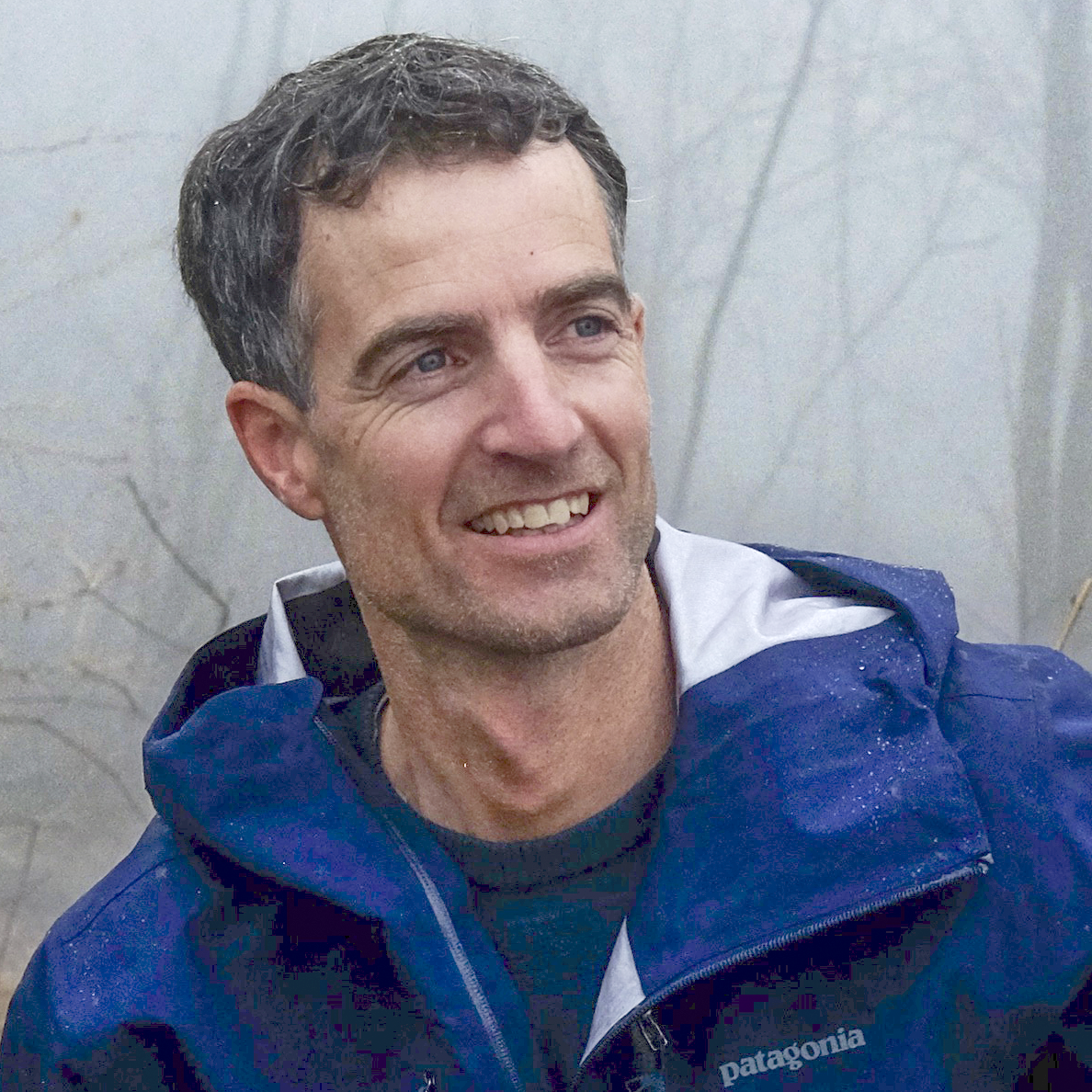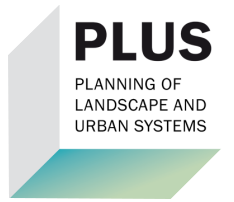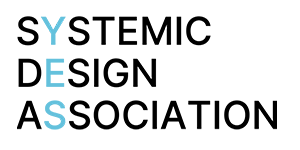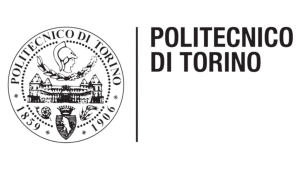Welcome to Systemic Design Labs
Designing Resilient Regenerative Systems: Hybridizing science, design and transformative praxis
Highlights
Designing Resilient Regenerative Systems
Systemic Design Labs is about navigating complex challenges with scientific, designerly and embodied methods and practices. Part of it is the inner and cultural reframing of how to deal with nested crises. We synthesize transformative design research, transdisciplinary real-world weaving, experiential teaching and dialogic events.
Here are some highlights of our current work:

Systemic Design Labs at RSD14: key moments and emerging connections
Join us in co-shaping the advanced DRRS Systems Sensing-Mapping questionnaire.

DRRS Systems Sensing-Mapping questionnaire
Join us in co-shaping the advanced DRRS Systems Sensing-Mapping questionnaire.

DRRS ETH CAS#2 Beyond Systems Thinking 2026
A transformative journey of creating a positive impact in complex systems through the next module of the full Master of Advanced Studies ETH in Regenerative Systems: CAS#2: Beyond Systems Thinking.
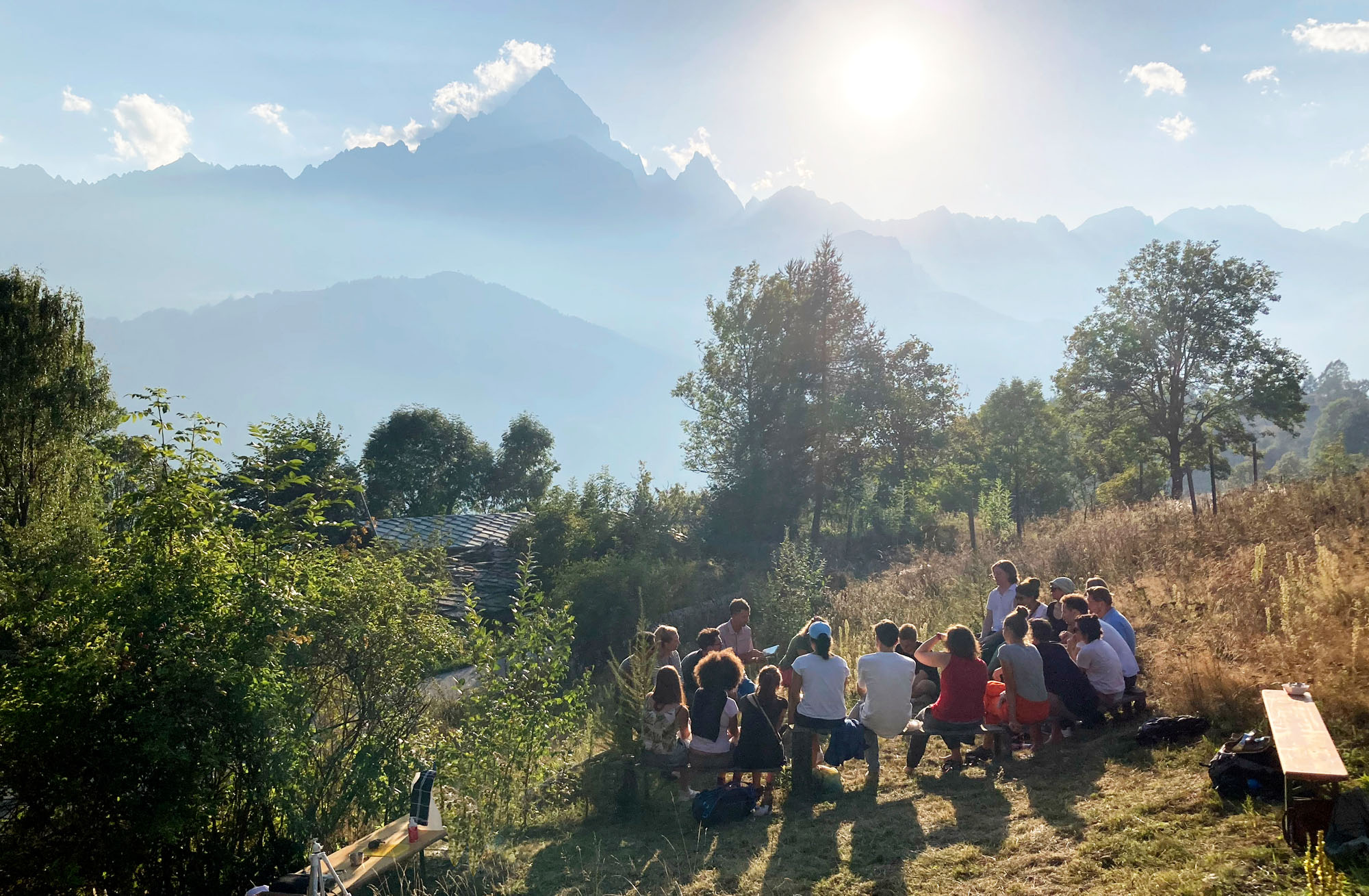
Regenerative Practice at ETH Zurich
Join an immersive exhibition of the DRRS programme with a pitch of the MAS ETH in Regenerative Systems´ Master thesis QUESTs.

Bioregional Sensing: new elective for the DRRS MAS ETH in Regenerative Systems
First Certificate of Advanced Studies ETH: Sustainability to Regeneration starts 9 September 2025
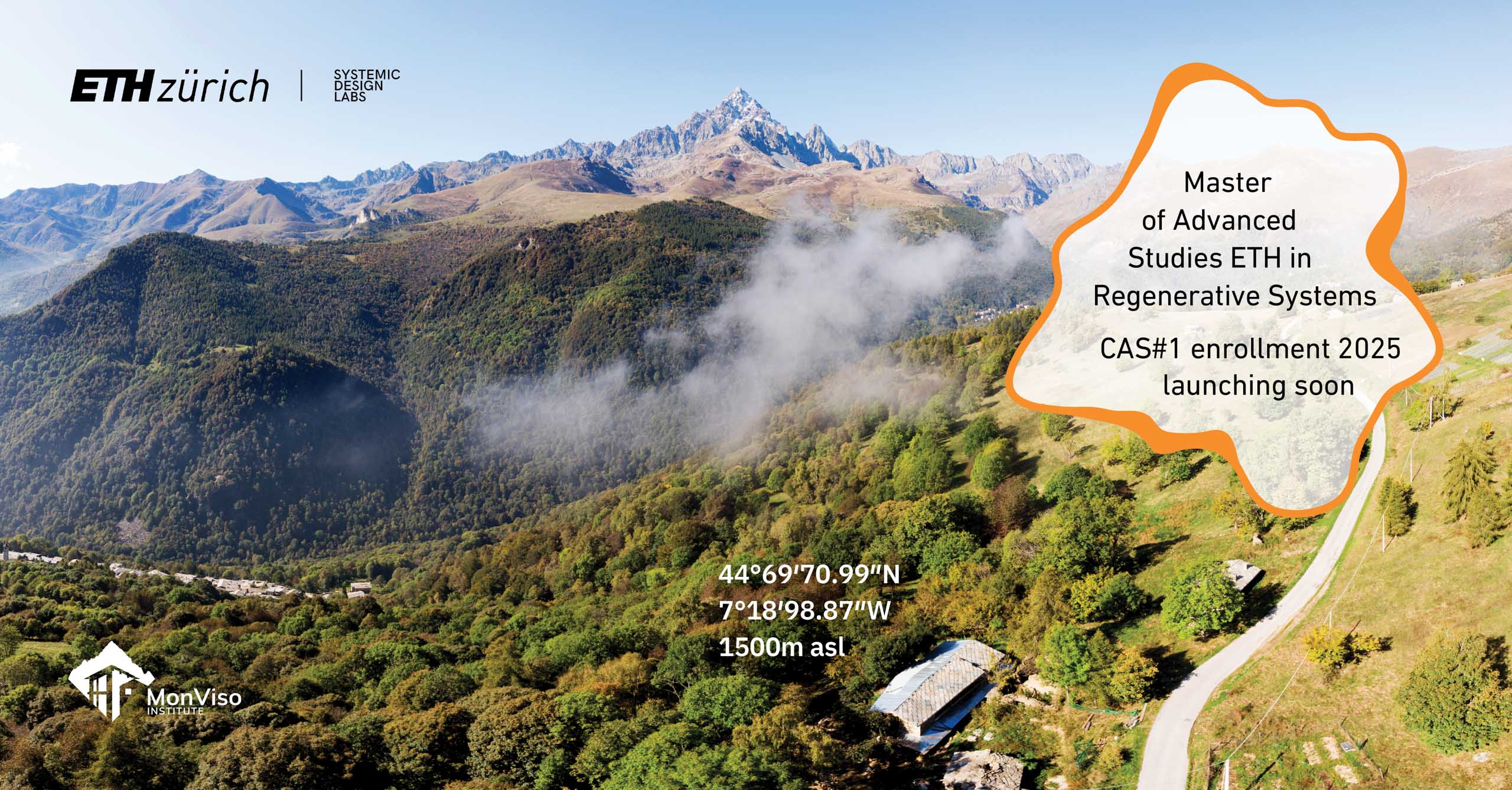
Next entry to the MAS in Regenerative System: CAS#1 in its 2nd iteration
First Certificate of Advanced Studies ETH: Sustainability to Regeneration starts 9 September 2025
Complex socio-technical-ecological systems require simultaneous activation at multiple entry points to move towards a desired direction.
As Systemic Designers, we learn to dance with systems, to befriend uncertainty and develop inner and outer practices for real-world transformative impact.
Why Systemic Design Labs
We need to fundamentally change our ways of enacting with complexity and uncertainty in nested crises.
Climate change, biodiversity loss and pan-syndemics are some of today’s most pressing complex challenges. Much of our economies and societies prove to be not resilient and regenerative, but exhaustive, vulnerable, and unfair. Instead, we need to actively restore, to regenerate ecosystems and their services, while transforming our economies to become more circular and more just. We need new knowledge systems and cultures leading to transformative action since “the human impact on earth needs to be fundamentally redesigned”.
Scientific knowledge and reasoning are the fundamental tools to base policy and management decisions on, especially in times of crises. But we experience the limits of science when it comes to dealing with highly complex systems that are self-emergent, unpredictable, span across nested scales, depend on societal behavioral transitions, and lack data. There are limits of design as well, when for example ego-centric angles are employed to direct entryways to deal with such systems whereas science could identify relational leverage based on quantitative data, as one example.
Transformative action is what we need to foster more and faster than at current, since the pressing problems require more urgency in delivering positive impact for regeneration. For helping to deal with such urgency and complexity, Systemic Design (SD) as relating systems thinking with design contains cultures and tools of hybridizing science, design and praxis.
Illustrative experiences
Lessons learned from enacting with real-world situations
Here are some illustrative ETH students’ learning experiences from participating in SDL courses
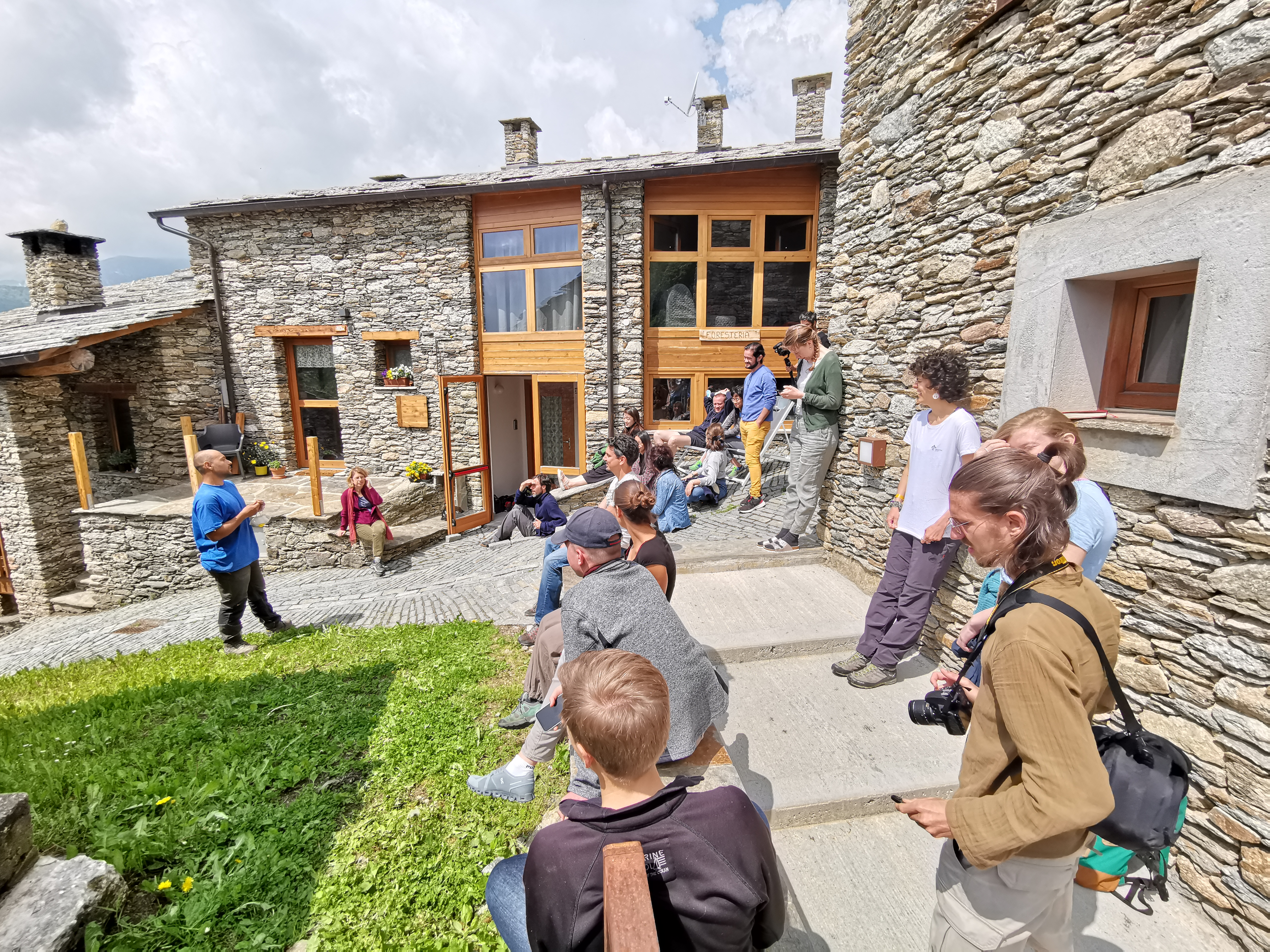
“Transforming through Interbeing.”
The experience of SDL PhD school “alpine-urban resilience” in the small Italian mountain community changed my perspective on making a difference: the fact that we PhD’s were asking questions and indicating real interest to the locals, adding some visual dialogic tools to informed conversations, made me aware of Interbeing. Being part of transformation processes by respectfully listening and curiously asking questions.”
ETH PhD student, SDL PhD summer school, real-world lab MonViso Institute
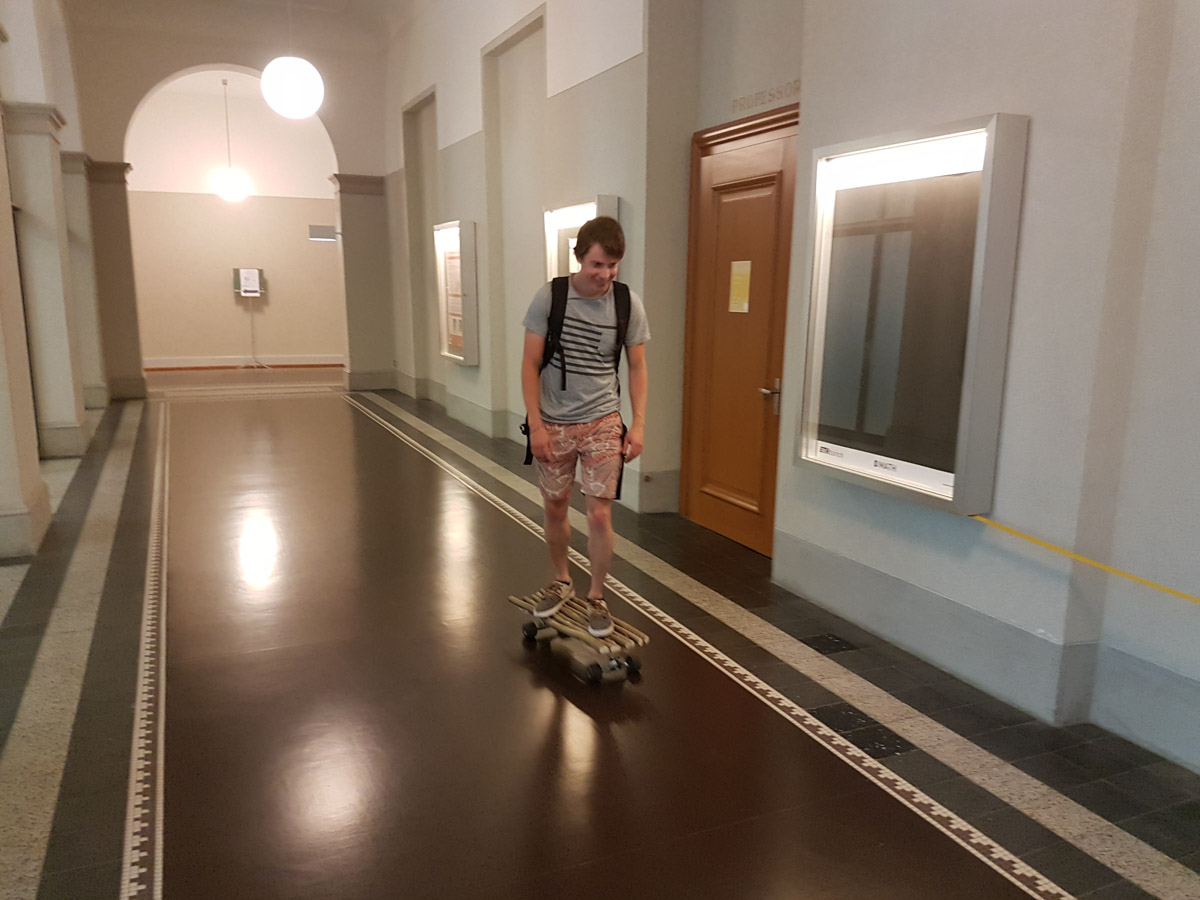
“What is the essence?”
The design task was to build a “circular skateboard” from regenerative materials. I first thought into bio-based composites, CAD and vacuum lamination. The SDL course made me rethink my approach: what is the essence and purpose should my board deliver? How simplistic, in terms of low input and sufficient output, can I design? I came up with a stick board from the hazelnut bush in the garden, mounted on a recycled wheelbase, totally fine to long-board to the bakery.”
ETH Master student, Engineering Design

“The data doesn’t hold…”
“After submitting my SDL semester thesis, at first I felt not very comfortable to see my passive house energy modeling data being used for engaging building authorities in a local community to argue for permission for a solar facade. Until I saw that not the accuracy of my model, but the fact that I developed a proxy for an informed, visual dialogue was the actual powerful driver to engage with praxis.”
ETH Master student, Integrated Building Systems
Design has the leverage to address complex challenges of global scale with place-based inclusive responses at the intersection of ecology, anthropology, and systemic innovation.
Voices
Voices from our network
SDL is bridging different worldviews and ways of reasoning to foster collaborative engagement for transformational change. Here are some of our collaborators as well featured in the upcoming MOOC.
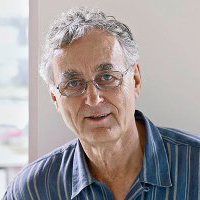
“Systems thinking is largely about conceptual relationships.
We can better deal with complexity if we create learning communities to share experiences, enriching conceptual with emotional relationships to nurture collective action. “
Fritjof Capra, PhD, Center for Ecoliteracy, Berkeley CA. Author of “The Systems View of Life”.
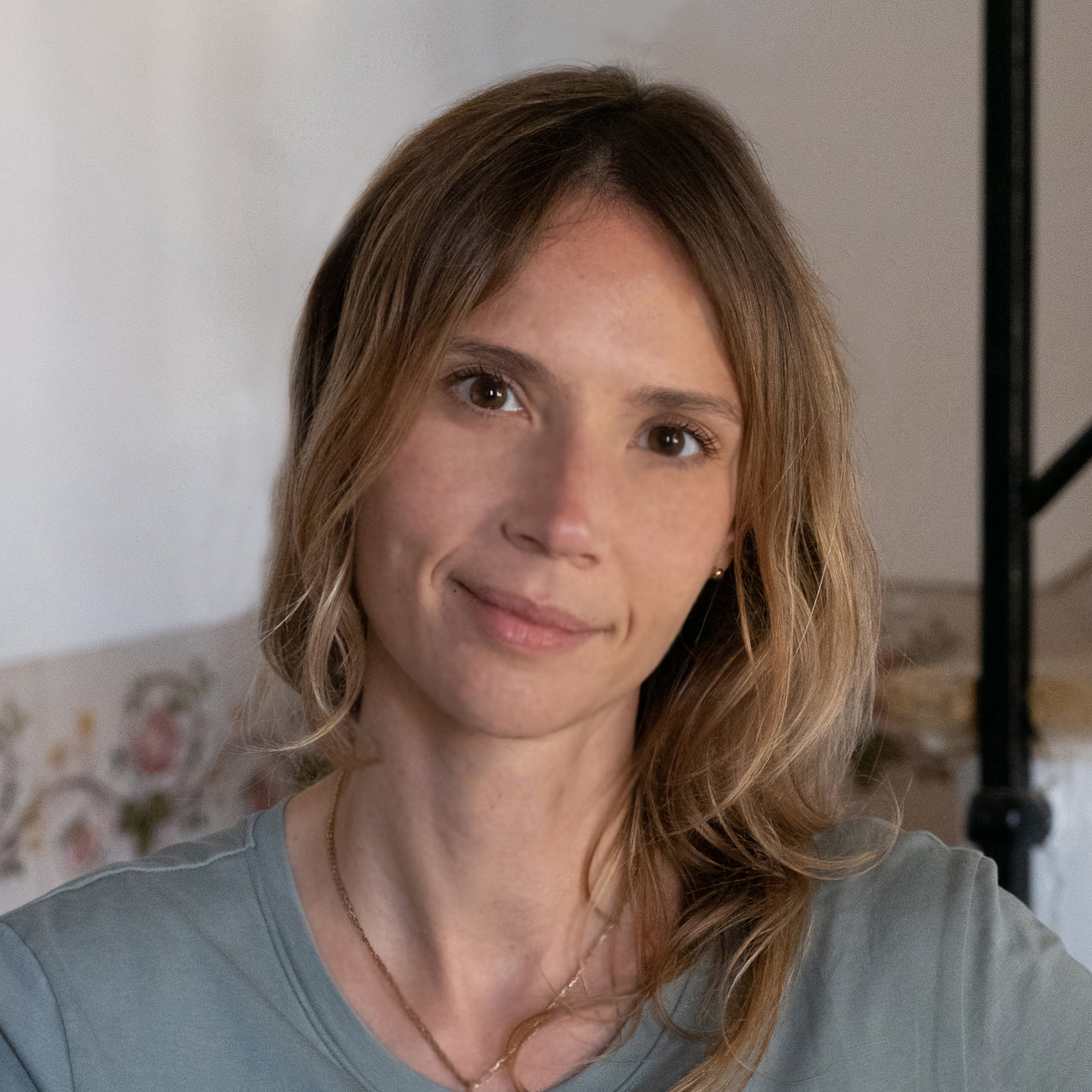
“This MOOC for me is a way to teach and learn at the same time
about how we can work together as scientists, designers, practitioners. And how others can venture out into those fields in order to have a compounding effect of saving the planet, together.”
Justyna Swat, École Nationale Supérieure de Création Industrielle ENSCI–Les Ateliers Paris. Founder of TinyLabs.
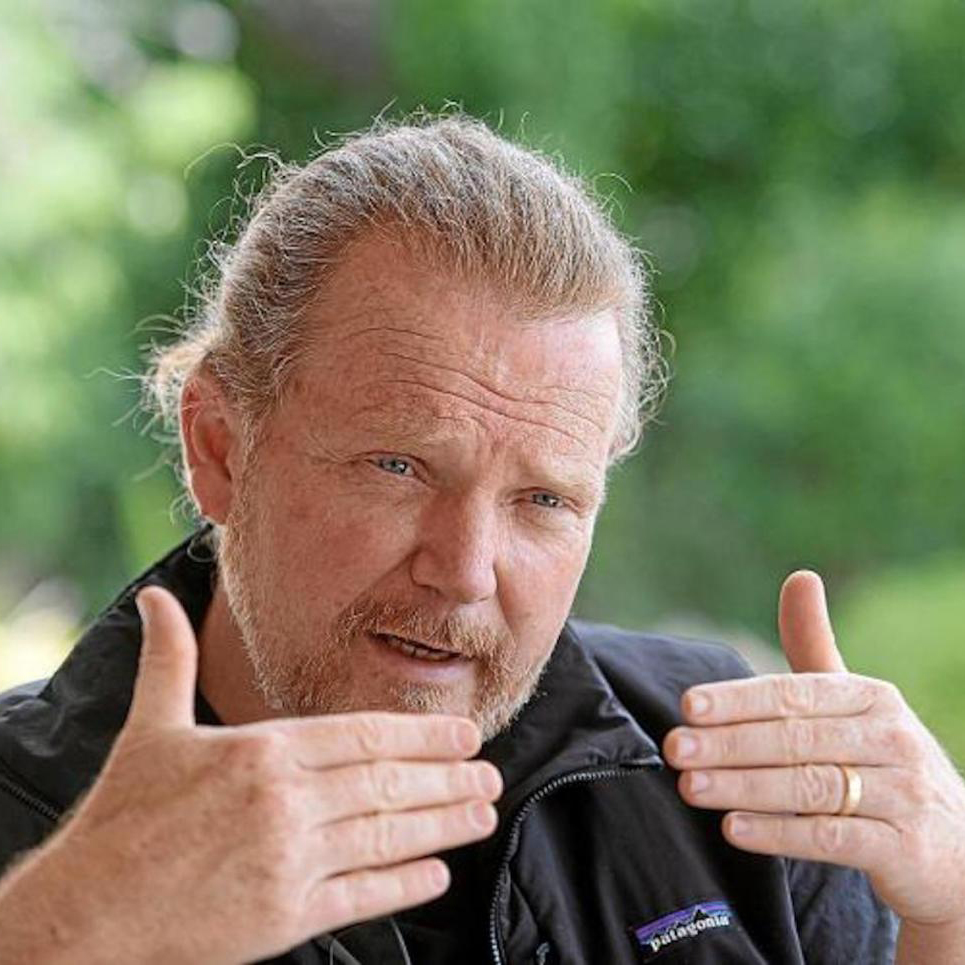
“The quality of the intervention is determined by the quality of Being of the intervenor.”
If we are not becoming conscious of the worldviews and cultural dimension, we miss the glasses we are wearing as we are dealing with potential solutions to complex problems. “
Daniel C. Wahl, PhD, bioregional weaver, Mallorca. Author of “Designing Regenerative Cultures”.
Partners and supporters
Systemic Design within an evolving network
SDL has been supported through various pioneering educational projects, funded by ETH Innovedum. We are partnering within dynamically evolving communities of universities, associations and real-world laboratories.
If you are interested in joining our community reach out!

